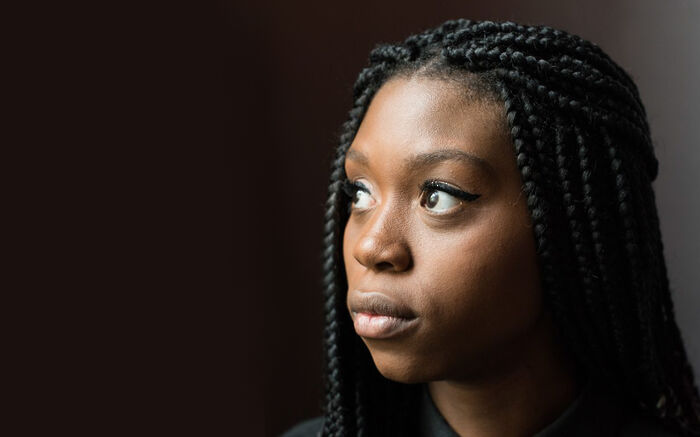‘When outreach leads to backlash’: Mary Beard on managing media attention
Professor Mary Beard from the Faculty of Classics and Paul Holland from the University’s Office of External Affairs and Communications discussed this week how university figures can respond to online abuse

In light of recent media attention faced by members of the Faculty of English, the Sidgwick Site Equalities Improvement Network held a talk on Wednesday 15 November titled, ‘When outreach leads to backlash’.
Led by Professor Mary Beard from the Faculty of Classics and Paul Holland from the University’s Office of External Affairs and Communications, the discussion opened with Holland displaying a tweet by historian Andrea Wulf about how the philosophies of Alexander von Humboldt could form a vision of positive social media use: “Rather than being talked at, he wanted scientists to talk with each other”.
Given recent backlash faced by university figures in connection with lecture trigger warnings and the suggested decolonisation of curricula, the talk stressed that it is more important than ever to understand strategies to deal with potentially erroneous social media coverage. Holland asserted that decolonising the English curriculum was “nobody’s issue, but an issue with the coverage that came from it”.
He recalled the Office of External Affairs and Communications' efficient response to the situation; they immediately contacted the media to alert them to the fact the story had been misconstrued, worked with the English faculty to create a cast-iron statement within an hour, reported the incident to Independent Press Standards Organisation and discussed the backlash with those involved.
The talk offered practical, risk-averse advice from the Communications Office: remove yourself from the situation and if possible remove the material itself, although it is always advised to take a screen grab for evidential purposes; try to remove ‘tags’ associating you with photos; perhaps implement a moderation policy for comments sections; consider invoking the ‘right to be forgotten’. In the wake of a social media storm, the University’s team can help to identify positive media opportunities to enable the individual to have their voice heard in a productive way. Also, the University can offer pastoral as well as practical advice for individuals encountering online abuse.
Mary Beard openly offered a “very different perspective” and admitted to her work and opinions being “less risk-averse by nature”. She professed: “I have got much more out of Twitter than I have lost”. However, as a “declamatory and un-nuanced” platform of “absolute unpredictability”, social media is a place where “Hell can break loose”.
Beard herself has encountered unpleasant abuse, particularly in connection to her comment about the ethnic diversity of Roman Britain presented in a BBC cartoon in August. As a result, Beard’s advice at the talk was sensitive and steeped in years of personal experience. She began by stating the important rule of thumb that if threatened with death, rape or decapitation in whatever medium, the crime must be reported to the police, and encouraged the audience to “always remain absolutely, patronisingly polite” to any abusers.
“The advice to block and not reply has never felt right to me”.
Beard expressed the idea that although to simply ignore may push the offence out of sight, in doing so you are somehow just putting blinkers on against the continuing abuse. Rather, she suggested the following strategy: “Engage with the comments, as you might convince some of the people who are looking into the conversation. You might, just might, make a difference. More often than you expect, they are keen to apologise.”
Speaking to Varsity, Beard enforced the importance of “not making it a bigger issue than it is”. She emphasised that over time you build stronger emotional coping mechanisms, and it is important both to retain a “realistic view of the situation” and to remember that “you don’t have to be alone”.
Despite admitting to having felt “irritated” in the past by the effort, time and energy spent reacting and dealing with backlash, she emphasised that she resists feeling “threatened”, and reiterated a message of positivity: “Ultimately you have to find a way to manage it, but it gets better.”












